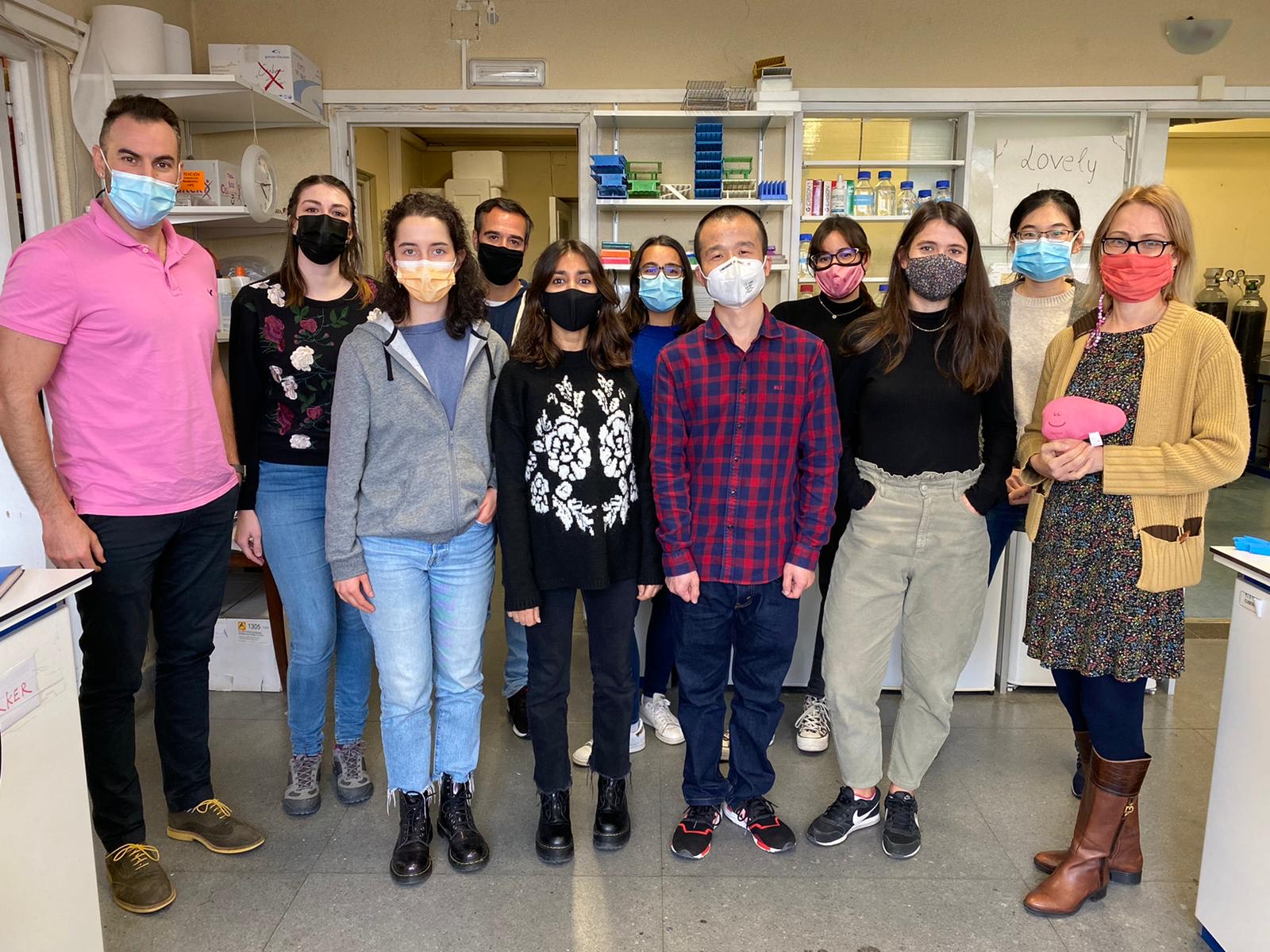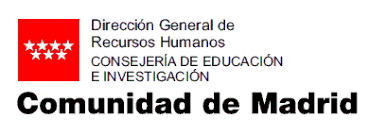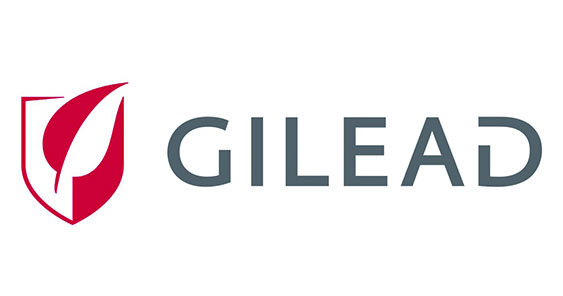Latest Publication from the lab
Intestinal Epithelial Cell-Derived Extracellular Vesicles Modulate Hepatic Injury via the Gut-Liver Axis During Acute Alcohol Injury

Intestinal Epithelial Cell-Derived Extracellular Vesicles Modulate Hepatic Injury via the Gut-Liver Axis During Acute Alcohol Injury
https://www.journal-of-hepatology.eu/article/S0168-8278(20)30223-3/fulltext
Our graduate training programs are designed for both scientist and clinicians. The School’s Ph.D. program in Biomedical Science Research recruits excellent students for intramural research groups. We also have positions for very motivated Postdoctoral Researchers via Regional Funding. Prospective students are welcome to apply by submitting a cover letter and a CV.
Contact us
Email: fcubero@ucm.es
Twitter: @CUBEROlab
The Department of Immunology is located on the 4th Floor, Pavilion 5 within the School of Medicine at the Complutense University Madrid.
Google Maps and School of Medicine map
By Bus: G, U, 82, 132; http://www.emtmadrid.es/Home.aspx
By Metro: Linea 6; https://www.metromadrid.es/en/
https://www.google.com/maps/d/viewer?mid=ziyCLVxdo79E.kidTdAt95WoM




